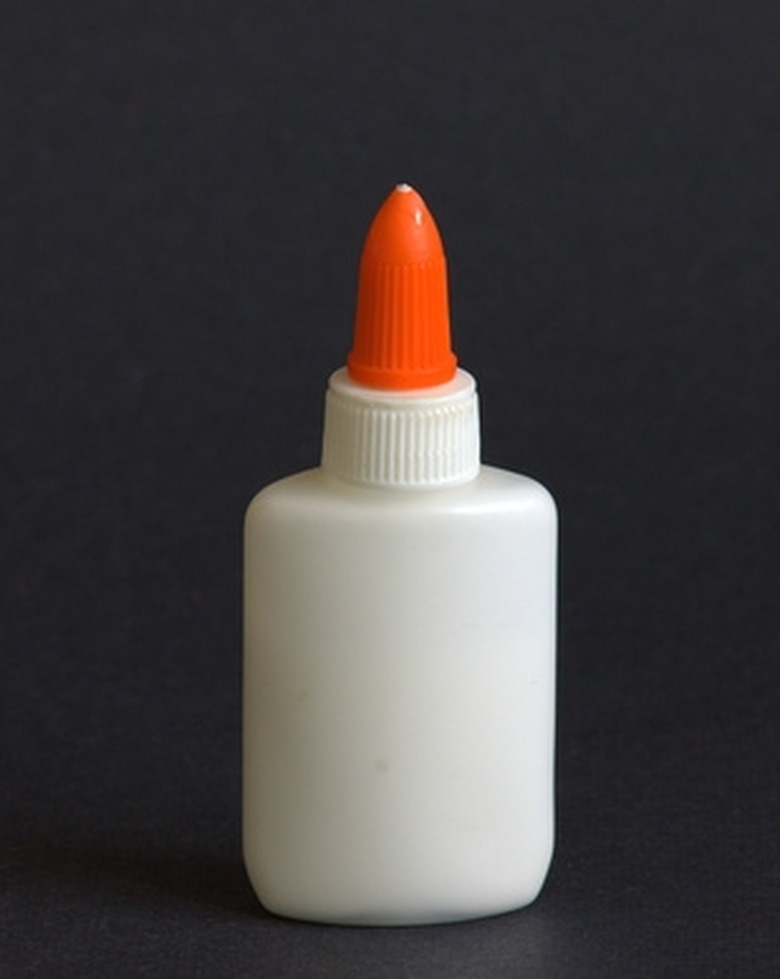Strongest Types Of Glue
Choosing the right glue for your project is key. Some glues only work for certain surfaces and materials. Many glues bond temporarily for a quick fix, and more permanent types will hold for as long as the surface or material is around. Whether you are crafting or repairing, there is a specific glue for your project.
All Purpose
All Purpose
White school glue is best used for small craft projects. It works best with paper, felt, lighter fabrics, plastic and wood. It adheres and sticks well for these materials. It contains polyurethane, which fills in gaps, dries quickly and resists water when used with wood.
Superglue
Superglue
Superglue is mainly for ceramics, rubber, foam, glass and some metals. It creates a tight hold and expands around three to four times, so not much is needed. It creates a sticky bond instantly but will not hold until it comes into contact with another object. Super glue may come into contact with skin at times and perhaps stick your fingers together. Should this happen, a bit of acetone nail polish remover will help to get them apart and remove any remaining traces left on skin. Water increases super glue's bond and keeps the hold waterproof and almost unbreakable.
Epoxy
Epoxy
Epoxy is best for metal, electrical, synthetic resins and many construction materials. This type of adhesive is highly resistant to temperature and chemicals, therefore making it one of the strongest, albeit expensive, adhesives on the market. It can be an alternative to welding and rivets in industrial manufacturing.
Bacteria
Bacteria
In 2006 scientists discovered a type of bacteria to be the strongest type of glue known to exist in nature, about three times the strength of super glue. Researchers at Indiana University found that a bacteria called Caulobacter crescentus, found to cling to the inside of water pipes, can withstand a force of 5 tons per square inch. This bacteria resists and works in water and is harmless. Scientists and researchers say this will possibly be used in the medical field in the future in joint compounds and dental procedures as well as for sutures and staples in surgery.
Cite This Article
MLA
Moore, Tracy. "Strongest Types Of Glue" sciencing.com, https://www.sciencing.com/strongest-types-glue-8722323/. 24 April 2017.
APA
Moore, Tracy. (2017, April 24). Strongest Types Of Glue. sciencing.com. Retrieved from https://www.sciencing.com/strongest-types-glue-8722323/
Chicago
Moore, Tracy. Strongest Types Of Glue last modified March 24, 2022. https://www.sciencing.com/strongest-types-glue-8722323/
